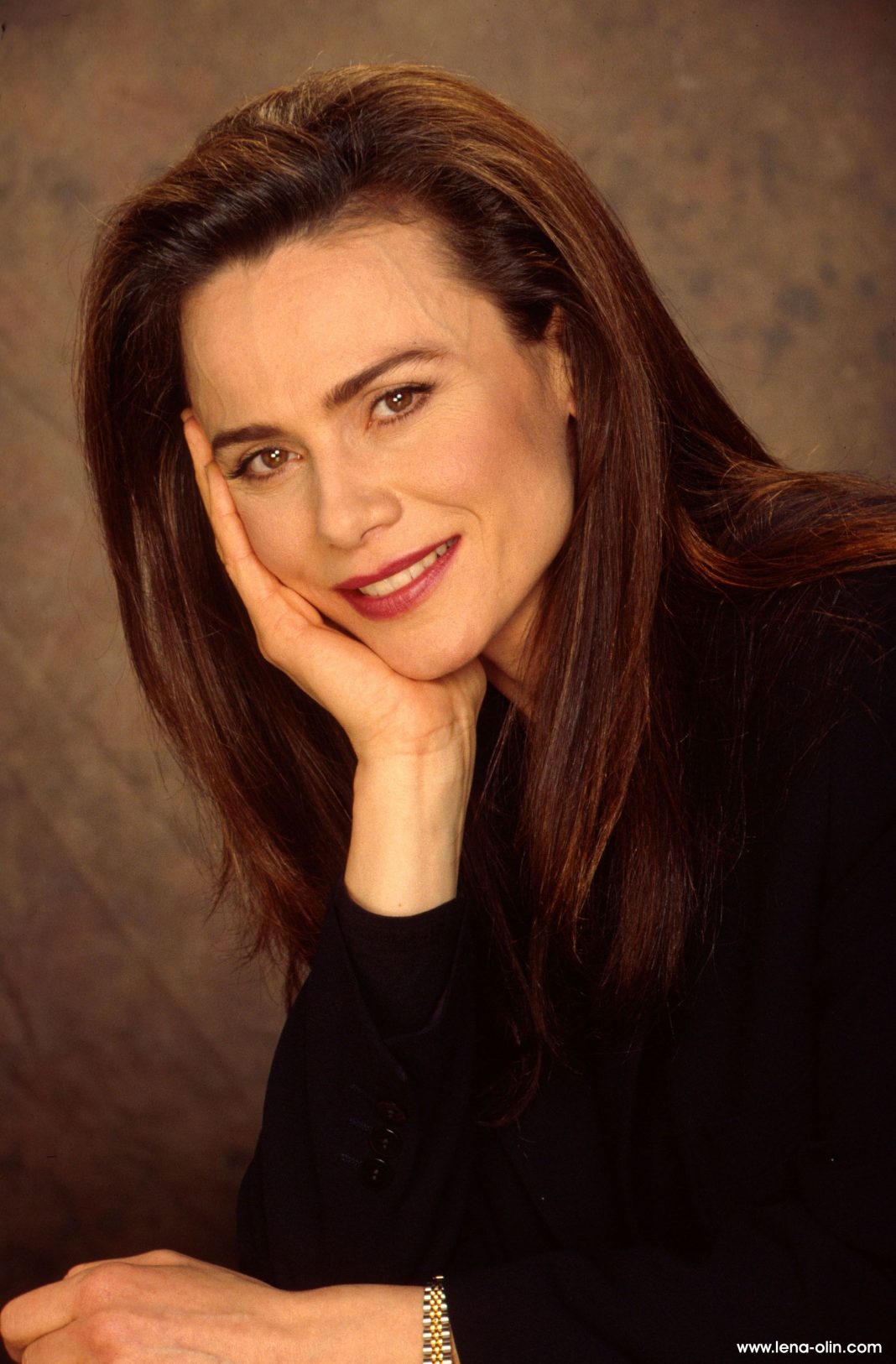


Though she toured with Tony Bennett in 19 and made some television appearances, she spent several years in deep mourning and was less visible. In 19, Horne’s son, father and brother died. During this era, she also released albums like Feelin' Good (1965) and Lena in Hollywood (1966). Horne remained active in the Civil Rights Movement, performing at rallies around the country on behalf of the NAACP and the National Council for Negro Women, and she participated in the 1963 March on Washington. Horne credited Duke Ellington collaborator Billy Strayhorn, the esteemed songwriter/pianist, as being largely responsible for her vocal training, and the two enjoyed a close friendship. She also co-starred with Mexican actor Ricardo Montalban in the popular Broadway musical Jamaica, running from 1957-59. She had a hit single with her version of "Love Me or Leave Me" and her live set Lena Horne at the Waldorf Astoria became at the time the biggest selling album by a woman for her label, RCA. Horne nonetheless continued to be a force when it came to her singing career, as seen with albums like It's Love (1955) and Stormy Weather (1957). The ban had eased by the mid-1950s, and Horne returned to the screen in the 1956 comedy Meet Me in Las Vegas, though she would not act in another film for more than a decade. She still performed primarily in posh nightclubs around the country as well as Europe and was also able to make some TV appearances. McCarthyism was sweeping through Hollywood, and Horne soon found herself blacklisted, believed to be due in part to her friendship with actor Paul Robeson, who was also blacklisted. Songs, Albums and Activismīy the end of the 1940s, Horne had sued a variety of restaurants and theaters for discrimination and become an outspoken member of the leftist group Progressive Citizens of America. Horne played Glinda the Good Witch, singing the inspiring "Believe in Yourself" at the film's end. Directed by Horne's then son-in-law, Sidney Lumet, the film was a version of The Wizard of Oz that featured an entirely African American cast, including Michael Jackson and Diana Ross. 'Death of a Gunfighter' to 'The Wiz'Īfter having been a featured player in the 1969 screen western Death of a Gunfighter, Horne made her final film appearance in the 1978 movie The Wiz. Horne's rendition of the title song for Weather would become her signature tune, one she would perform countless times over the decades via her live performances.

Nonetheless, she was able to land lead roles in two 1943 movies with an ensemble African American cast, Cabin in the Sky and Stormy Weather. Horne was placed in a number of films, such as Swings Cheer (1943) and Broadway Rhythm (1944), where she would only appear in singing scenes as an individual performer, scenes that could be cut for Southern audiences.


 0 kommentar(er)
0 kommentar(er)
